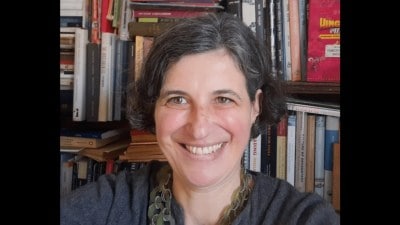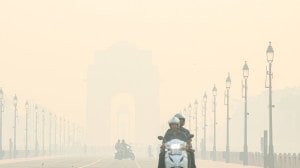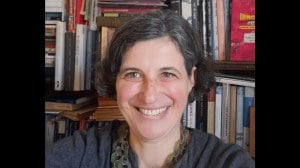Ready for talks, ULFA chairman writes to PM
Four months after Assamese writer and Jnanpith Award winner Indira Goswami began the process of negotiation between the ULFA and the Governm...

Four months after Assamese writer and Jnanpith Award winner Indira Goswami began the process of negotiation between the ULFA and the Government, the outfit’s chairman Arabinda Rajkhowa has finally written to the Prime Minister expressing formal willingness to come forward for talks.
Goswami communicated Rajkhowa’s letter to National Security Advisor M.K. Narayanan today. Earlier, Narayanan had extended an offer to ULFA to hold talks.
Local media reports quoting Goswami in Delhi said the ULFA chairman has mentioned an ‘‘agreement with honour and dignity’’ in order to bring the curtains down on the 25-year-old insurgency in the state. The exact contents of the letter, however, have not been made public.
Senior officials said the Government would examine the issues raised by the ULFA chief and respond after weighing all options. However, indications are that the Centre would try to get the ULFA to the negotiating table without any pre-conditions. ‘‘The solution to the problem could be explored but for that ULFA also needs to understand the ground realities and the possibilities with which a meaningful dialogue can be conducted,’’ a Home Ministry official said.
The AASU welcomed the PMO’s initiative and the response from the ULFA but cautioned that this opportunity should not be missed. ‘‘Now that the ULFA chairman has responded positively to the Prime Minister’s initiative, the Government should consider announcing a unilateral ceasefire as was done in the case of the NSCN,’’ AASU advisor Samujjal Bhattacharyya said.
In a related development, meanwhile, human rights groups in Dhaka have reportedly mounted pressure on the government in that country not to hand over ULFA general-secretary Anup Chetia to India once his prison term ends on February 25. Chetia has been serving a jail term since December 1997.
While New Delhi has been pressing Bangladesh to hand him over once his term expires, Dhaka does not appear to be inclined to do so. Reports quoting a leading human rights activist providing legal assistance to Chetia indicated there was every possibility of Dhaka not handing over the ULFA leader in view of ‘‘harsh prosecution laws’’ in India.



- 01
- 02
- 03
- 04
- 05




























